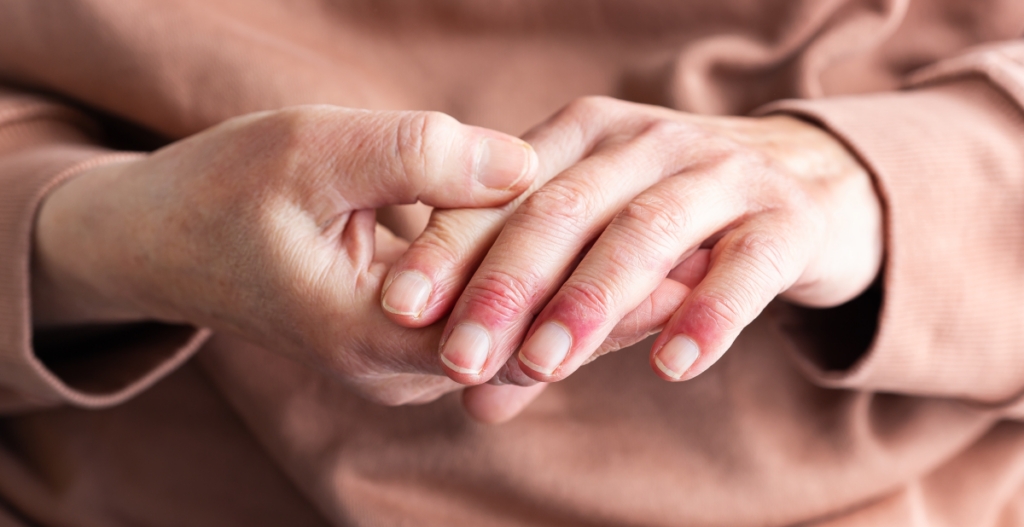Don’t Ignore the Itch: What Every Senior Should Know About Atopic Dermatitis
Atopic Dermatitis, often called eczema, is a chronic skin condition causing intense itching, redness, and dryness. While it’s common in children, seniors are equally at risk—especially in the U.S., where aging skin faces unique challenges. Ignoring Atopic Dermatitis symptoms can lead to infections, sleep loss, and reduced quality of life. Here’s why older adults shouldn’t brush off that persistent itch.
Understanding Atopic Dermatitis: More Than Just Dry Skin Atopic Dermatitis is an inflammatory disease linked to an overactive immune response and a weakened skin barrier. Unlike occasional dryness, Atopic Dermatitis involves cycles of flare-ups triggered by stress, allergens, or weather changes. For seniors, age-related skin changes—like thinning, reduced oil production, and slower healing—make managing Atopic Dermatitis tougher. In the U.S., studies suggest 1 in 10 adults over 65 experience eczema-like symptoms, yet many dismiss them as “normal aging.”
Why Atopic Dermatitis Hits Seniors Harder Aging skin is less equipped to handle Atopic Dermatitis. Reduced collagen and moisture retention turn minor irritation into cracked, painful patches. Scratching breaks the skin, raising infection risks—a major concern for seniors with weaker immunity. In the U.S., hospitalizations for skin infections linked to Atopic Dermatitis have risen 35% among those over 70. Additionally, nighttime itching disrupts sleep, worsening conditions like diabetes or heart disease. Mental health also suffers: visible rashes can fuel embarrassment or social withdrawal.
Treating Atopic Dermatitis: Practical Steps for Seniors Managing Atopic Dermatitis requires a mix of daily care and medical support:
- Moisturize Religiously: Use thick, fragrance-free creams to repair the skin barrier.
- Avoid Triggers: Common culprits include wool fabrics, harsh soaps, and extreme temperatures.
- Medications: Over-the-counter hydrocortisone creams ease mild flares, while prescription topical steroids or immunosuppressants tackle severe Atopic Dermatitis.
- Professional Help: U.S. dermatologists may recommend light therapy or biologic drugs for stubborn cases.
When to Seek Help: Red Flags for Seniors Don’t wait if Atopic Dermatitis symptoms persist or worsen. Seek urgent care for:
- Swollen, oozing skin (signs of infection).
- Fever or chills alongside a rash.
- Rashes covering large body areas. Early treatment prevents complications. For example, a 2023 U.S. study found seniors who treated Atopic Dermatitis early had 50% fewer ER visits than those who delayed care.
Living Well with Atopic Dermatitis: A Senior’s Guide While Atopic Dermatitis can’t be cured, it can be controlled. Stick to gentle skincare routines, wear breathable fabrics, and stay hydrated. Support groups, like those endorsed by the National Eczema Association in the U.S., offer community and tips. Remember, managing Atopic Dermatitis isn’t just about comfort—it’s about protecting overall health.
Final Thoughts: Take Charge of Your Skin Health Atopic Dermatitis is a serious but manageable condition for seniors. By recognizing symptoms early, adopting preventive habits, and consulting U.S. healthcare providers, older adults can reduce flare-ups and avoid dangerous complications. Don’t let itching rule your life—proactive care keeps your skin and well-being intact.
